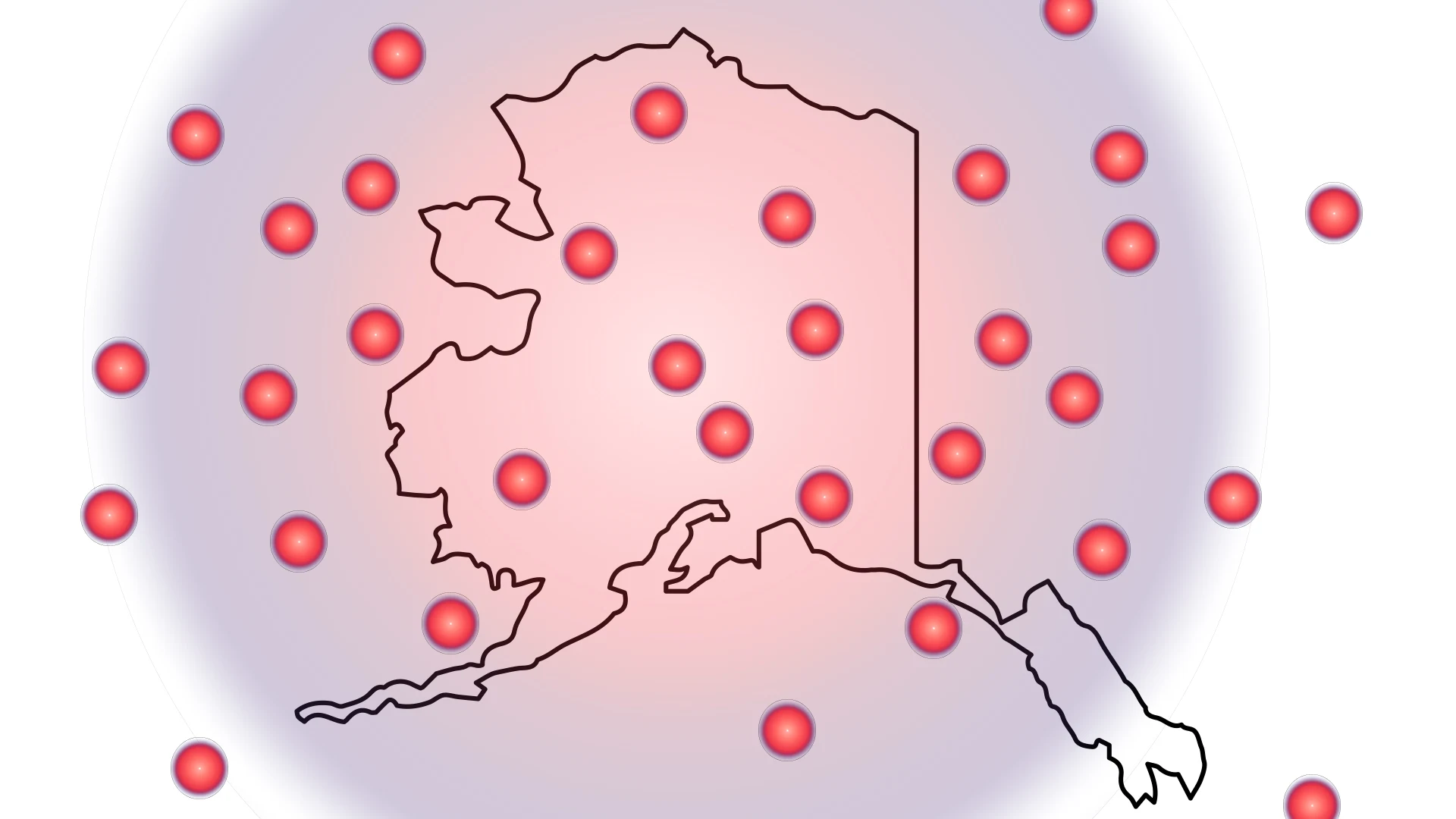An elderly man in Alaska has succumbed to Alaskapox, marking the first known fatality from this recently identified virus, according to state health officials.
The circumstances surrounding how the virus was contracted remain unclear, but authorities speculate it may be linked to a stray cat that resided with him.
The man, a resident of the remote Kenai Peninsula, was hospitalized in November and passed away in late January, as reported in a bulletin released by Alaska public health officials on Friday.
The bulletin noted that the man was undergoing cancer treatment, which had compromised his immune system due to medication, potentially exacerbating the severity of his illness. While described as elderly, his exact age was not disclosed.
Alaskapox, also referred to as AKPV, is related to viruses like smallpox, cowpox, and mpox, health officials explained.
Symptoms of AKPV can include a rash, swollen lymph nodes, and joint or muscle pain. Individuals with compromised immune systems are at heightened risk of experiencing more severe symptoms, officials cautioned.
Since the first case in 2015, only six other instances of AKPV have been reported to Alaska health authorities.
These cases all involved individuals residing in the Fairbanks area, more than 300 miles from the Kenai Peninsula. According to health officials, these cases were mild, and all patients recovered without needing hospitalization.
The man who tragically passed away “lived alone in a wooded area and had no recent travel history or close contact with individuals who had traveled or were ill with similar symptoms,” the health bulletin detailed.
Researchers are uncertain about how AKPV spreads, but they suspect it may be zoonotic, meaning it can transfer from animals to humans.

Tests have indicated evidence of current or previous infection in various small mammal species in the Fairbanks area, including red-backed voles, and at least one domesticated pet.
The deceased man had reportedly cared for a stray cat at his residence, the bulletin noted. Although the cat tested negative for the virus, it was known to frequently hunt small mammals and scratch the patient.
This raised concerns that the cat may have harbored the virus on its claws at the time of scratching the man, particularly noting a significant scratch near the armpit where the initial symptom—a red lesion—was observed.
“The exact mode of exposure in this case remains unclear, although scratches from the stray cat present a potential source,” officials stated.
Health authorities emphasized that there have been no documented cases of human-to-human transmission of AKPV but advised caution for individuals with skin lesions potentially caused by the virus.
“We recommend that individuals with skin lesions possibly due to Alaskapox keep the affected area covered with a bandage and refrain from sharing bedding or other linens that have come into contact with the lesion,” health officials advised.
Furthermore, Alaskans were urged to adhere to federal health guidelines when interacting with wildlife to mitigate the risk of Alaskapox infections.
Recommendations from the U.S. Centers for Disease Control and Prevention include thorough handwashing with soap and water after handling wild animals or their waste.
Hunters were advised to wear gloves when handling carcasses, even if freshly killed, as per the agency’s guidelines.
This development comes shortly after health officials in Oregon confirmed a rare case of human plague in a resident, likely linked to their pet cat.
